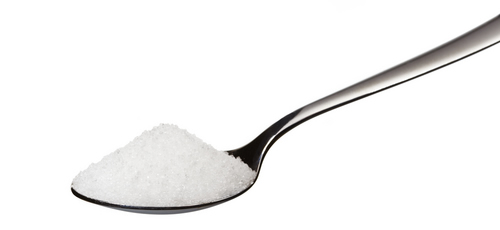Sugar as Brain Food

This isn’t great news for dieters, but sometimes sugar can be a good thing. Roy Baumeister, a psychologist at Florida State University, had subjects perform a mentally taxing task – watching a video while being careful to ignore random words scrolling across the bottom of the screen. (Apparently, it takes quite a bit of concentration to NOT look at the scrolling words.) Then, the subjects were given a drink of lemonade and asked to perform another cognitively demanding task, choose an apartment based on descriptions of various options.
The catch was that some subjects drank lemonade made with real sugar, and others had lemonade made with Splenda, a sugar substitute without nutritional value. The performance differences on the apartment task were surprising.
Baumeister reported that the students who received the sugar-free lemonade were significantly more likely to choose impulsively and make poor decisions on the apartment task. He attributed this to the exhaustion of the prefrontal cortex in all subjects. The subjects who got the sugar were able to better restore function to that area of the brain. (Fifteen minutes was allowed to elapse after consuming the lemonade to permit the sugar to reach the brain.)
According to Jonah Lehrer, who reports on this work in How We Decide,
This research can also help explain why we get cranky when we’re hungry and tired: the brain is less able to suppress the negative emotions sparked by small annoyances. A bad mood is really just a run-down prefrontal cortex.
As a sugar-avoider, I find this research interesting. Maybe in addition to the caffeine in my black coffee and Coke Zero, a little shot of sugar now and them might keep my brain sharper. Add this finding to the work I described in Diet Drinks Don’t Fool the Brain, and it’s enough to make one go back to The Real Thing.
(Shutterstock image)
